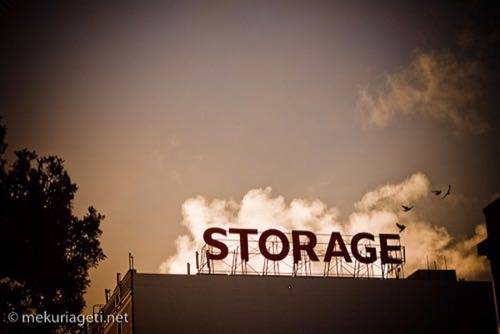Hewlett-Packard is planning to launch its own tablet device. It has been long reported that HP is developing a Web-based operating system. Now come reports of how it may be differentiated from the Google Chrome OS.

On a side note, Ovum is reporting that Google will dominate the tablet market by 2015 with 36% of market share. That’s the magic number that Ovum says will need to be reached by one company in order to reach the top spot.
As for HP, it’s expected to position its tablets as high-end audio device that can double as an alarm clock, GPS system or a picture frame – an obvious sign that HP sees the tablet as having a place in the living room.
It’s expected to be a cloud connected device, featuring tens of gigabytes of storage. And there’s the key for HP. Google is banking on connected devices. Microsoft is too. Tap to share will be a big deal in the coming years. The devices will be secondary in value. Storage will be critical. And that’s what these big companies recognize.
The Cloud Storage blog refers to a 451 Group report, which states that the cloud computing market is supposed to reach $16.3 billion by 2013. Storage will drive that growth.
Cloud Storage:
Even more interesting, however, the Group reports cloud-based storage will play a starring role in cloud growth, accounting for nearly 40% of the core cloud pie in 2010. “We view storage as the most fertile sector, and predict that cloud storage will experience the strongest growth in the cloud platforms segment,” the report says.
So we can see how Google will lead the market for tablets. But is that the gold prize? I don’t think so. Google is also looking at providing storage. The latest code revelations about Google Docs are testament to that. It shows Google is developing ways for people to keep music collections, playlists and preview capabilities.
We’ll see considerable innovation in storage over the next few years. An information architecture is emerging that will define the user experience for people accessing their music and other media. These storage environments will be networked to tablet devices.
What’s evident is the need for universal ways to share data. Our media is scattered across any number of devices. Online storage that is synced to any device will be what customers want.
How we share will be about more than tapping a device. I could go on about the exciting world of Linked Data and how it may be possible some day to share our vast music resources as data sets that can be connected to your community. That’s an exciting future to think about but a topic for another day.

















